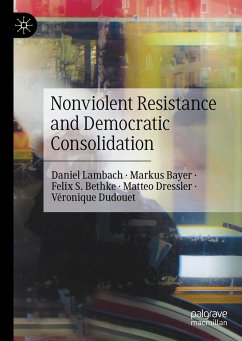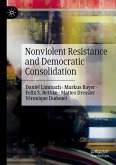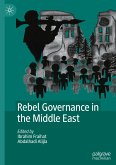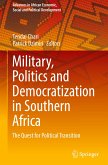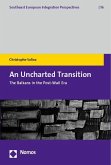This book argues that democracies emerging from peaceful protest last longer, achieve higher levels of democratic quality, and are more likely to see at least two peaceful handovers of power than democracies that emerged out of violent resistance or top-down liberalization. Nonviolent resistance is not just an effective means of deposing dictators; it can also help consolidate democracy after the transition from autocratic rule. Drawing on case studies on democratic consolidation in Africa and Latin America, the authors find that nonviolent resistance creates a more inclusive transition process that is more resistant to democratic breakdown in the long term.
Bitte wählen Sie Ihr Anliegen aus.
Rechnungen
Retourenschein anfordern
Bestellstatus
Storno

